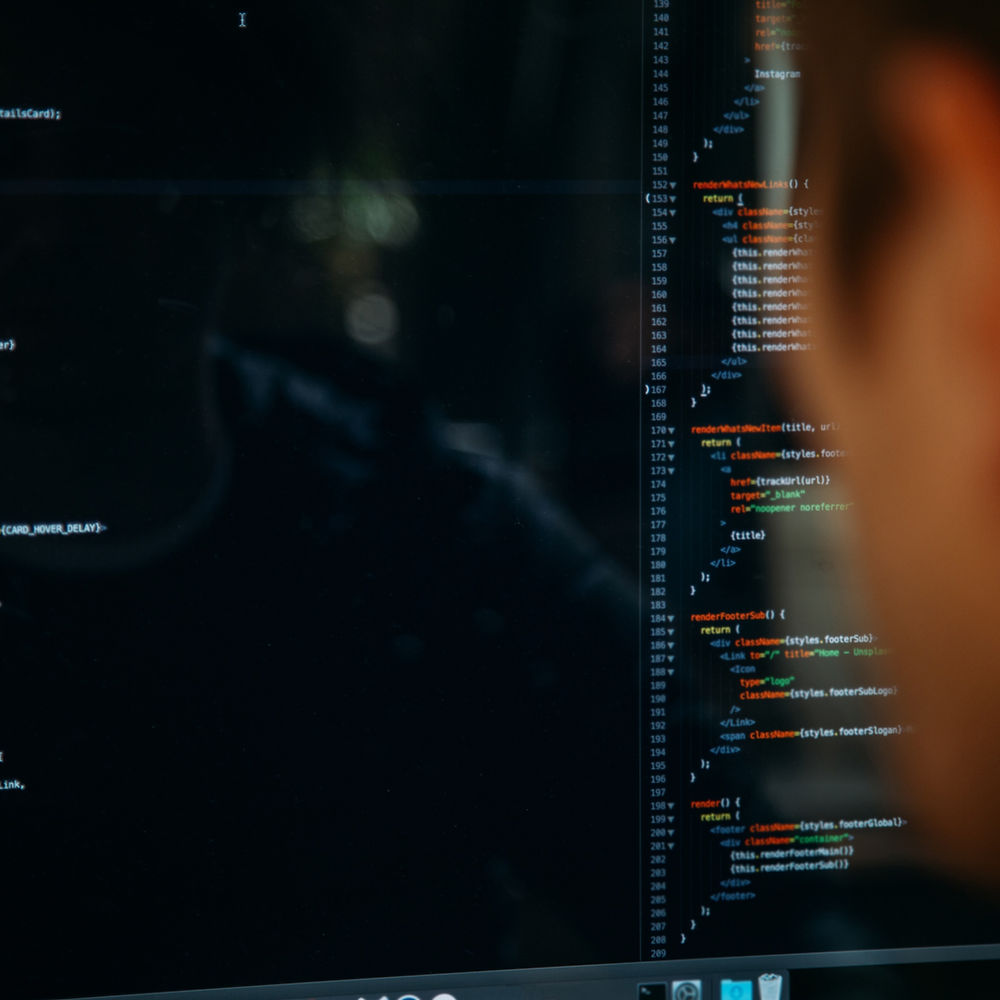It is a fact that we live in the digital age, where much of our daily lives are hosted online, from our bank accounts to social networks where we keep in constant contact with friends, family and strangers.
Like everything in the world, this reality has two sides: on the one hand, we find agility, communicating with people on the other side of the world in seconds. On the other, we have our image exposed in a vulnerable way, making it easier for our data to be used by third parties. As an example of this we have the creations of false profiles, also known as”fakes”.
Years ago, in order for a person to assume the identity of another, it was necessary for them to forge identification documents and disguise themselves completely. Today, the person’s photo and name are enough, that they will have their digital identity usurped, in a much simpler way and often causing much more extensive damage than in the past.
A clear example of how these identity usurpations are close to our daily lives, is the “WhatsApp scam”, unfortunately quite common, when a person, using the photo and name of another, presents himself to the acquaintances of this informing the number Exchange and requesting money, using excuses to justify the need for immediate transfer. Before applying the scam, agents conduct a survey of people’s social networks and find out who are the closest people to the victim, which makes it easier to receive the amount.
That such conduct is immoral is beyond doubt. But in addition to property, what other rights are violated in these situations?
Our Federal Constitution guaranteed the protection of people’s honor and image. Honor, considered social reputation, and image, both in their literal sense of reflection, as being the externalization of personality, are considered personality rights, since we cannot separate them from the individual because they are inherent to him. For this reason, they are considered inviolable rights and subject to compensation for moral and material damage arising from their violation.
This reading has also been reinforced by the Civil Code of 2002, in a chapter dedicated especially to the rights of personality, more specifically in Article 12, caput: “one may demand that the threat cease, or the injury, to the right of personality, and claim losses and damages, without prejudice to other sanctions provided for by law.”
The concern to protect these rights was not only the responsibility of civil law, but also of criminal law. In Article 307, of the Penal Code, we have instituted the crime of false identity, which is when someone attributes or assigns to another person a false identity to obtain some kind of advantage or to cause harm. This crime can keep the person detained from three months to a year, or, depending on the situation, the officer will have to pay a fine. These are the appropriate penalties as long as the agent has not used the false identity to commit a more serious crime, such as embezzlement.
Considering the immensity of the digital space, the unauthorized use of images can cause a very powerful damage to the image of the person, even irreversible, not only by the applicability of financial scams, but also by the expression of controversial opinions and the practice of acts that are not consistent with the personality of the victim. That is why we must remain vigilant with our social networks and with our personal data, being careful with the websites we visit, with the personal information we share on the internet, carefully reading the terms of use of the websites and seeking the help of a professional in the field of law whenever we feel that our personality has been violated, who can make a more thorough analysis of the recommended tool to stop the damage and repair them.
Ana Carolina Gracio De Olievira, lawyer, graduated in law, from Universidade Estadual Paulista “Júlio de Mesquita Filho” (2020), registered in the Brazilian Bar Association, São Paulo Section (2021). Postgraduate in Civil and Business Law from Faculdade Damásio De Jesus. Author of articles. Head of the Litigation Department of TM Associados.













